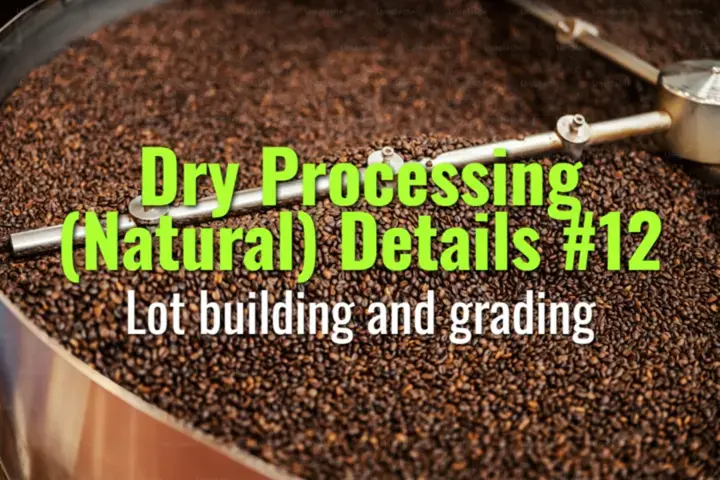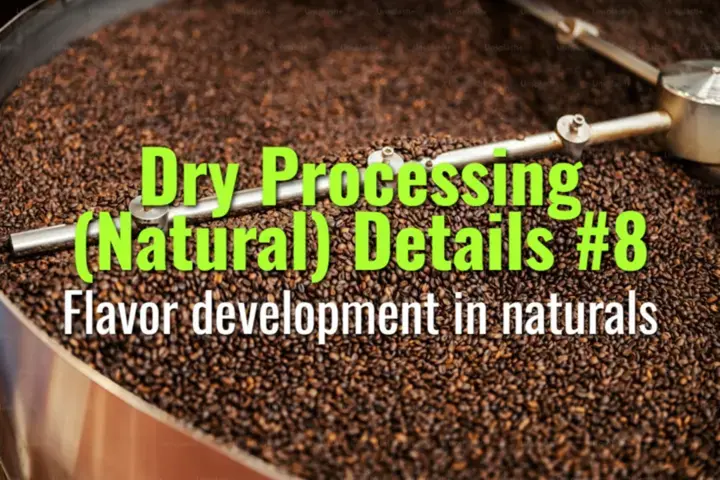
Common defects and remediation
This topic explains the common defects that occur in honey and pulped natural coffee processing, why they happen, and the practical remediation steps farmers can take to minimize losses.

This topic explains the common defects that occur in honey and pulped natural coffee processing, why they happen, and the practical remediation steps farmers can take to minimize losses.

This topic explains how data logging in honey and pulped natural processes supports repeatability, consistency, and quality improvement across harvests.

This topic explains why honey and pulped natural processes carry risks of over-fermentation, the conditions that cause it, and how producers manage these risks to protect cup quality.

This topic explains the color-coded honey process variants—white, yellow, red, and black—how they differ in mucilage retention and drying practices, and how these differences influence flavor outcomes.

This topic explains how lots are built and graded in natural (dry) coffee processing, why these steps are critical for consistency, traceability, and market classification, and how they influence final value.

This topic explains how flavor develops in natural (dry) processed coffees, the factors that influence it, and why naturals are known for their fruit-forward, complex profiles.